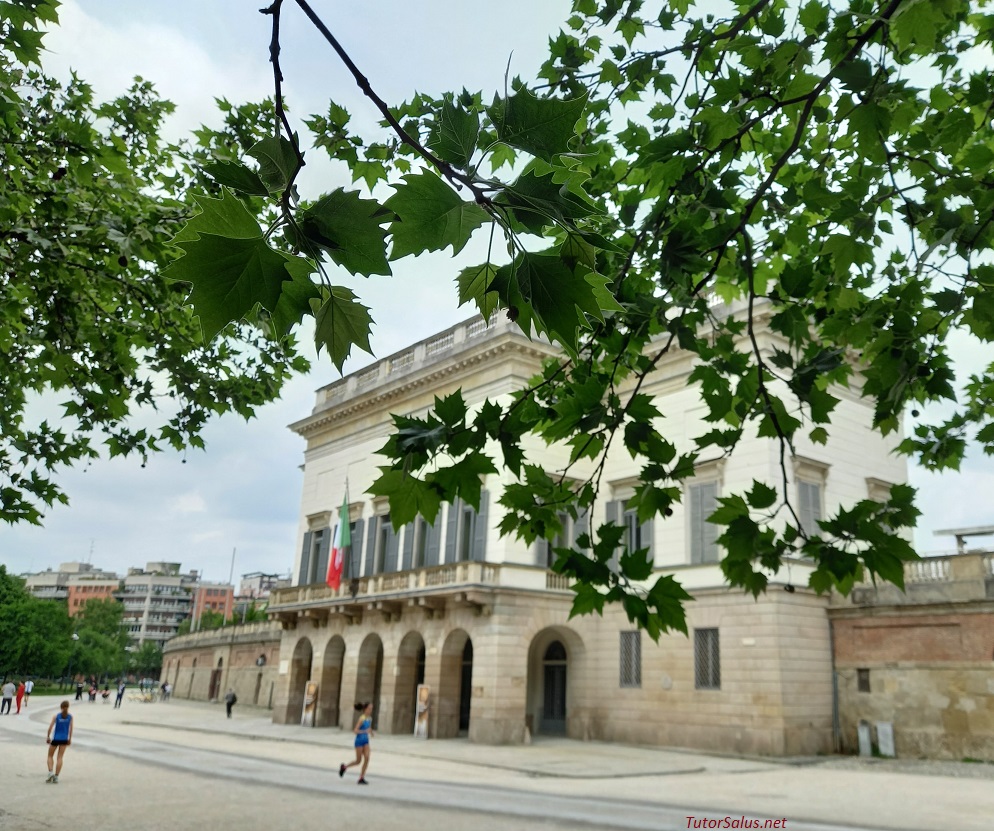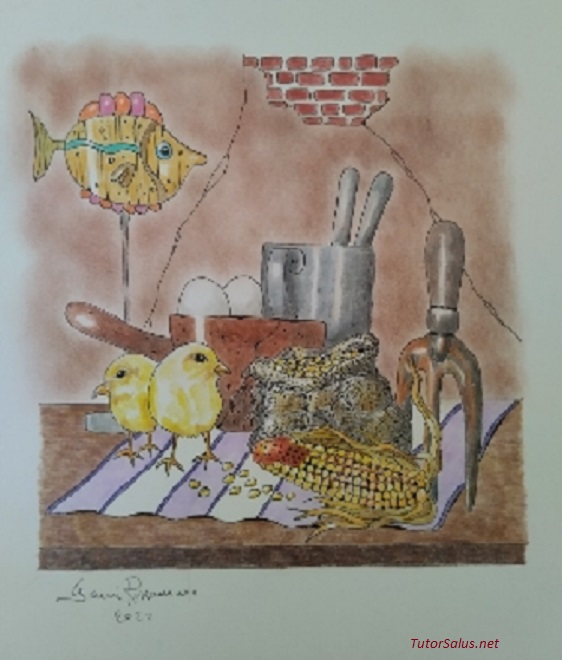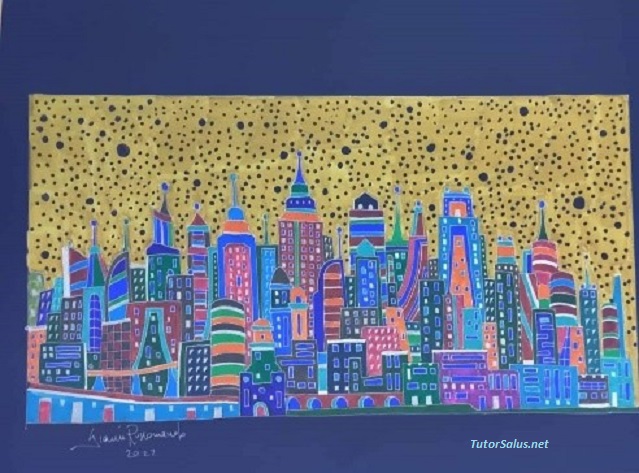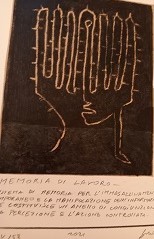…not quite unthinkable.
 https://www.tutorsalus.net/index.php/en/economia-1-talento-di-pensiero-2/492-constructive-solutions
https://www.tutorsalus.net/index.php/en/economia-1-talento-di-pensiero-2/492-constructive-solutions
In the picture : brick prototypes for the Children’s Hospital at Entebbe, 35 km. from Kampala. Following the building tradition of the soil ‘pisè’ in Sub-Saharan Africa, the new Children’s Hospital of ‘Emergency’ www.emergency.it was built at Entebbe, in local soil bricks integrated with reinforcing and waterproofing substances, thanks to a collaboration with Politecnico of Milan. The Hospital, which is a pole of excellence among the most important in a large area and has been designed by Renzo Piano together with ‘TAMassociati’, today is able to offer free specialist assistance to children who need surgeries with advanced techniques and qualified personnel// ’Behind the impossible’, www.buromilan.com ‘Design Week’ Milan - April 17-23, 2023/ ‘Fuori salone’ www.fuorisalone.it
What is behind the feasibility of a building ?
‘Behind the impossible’ is an attractive title for this ‘Fuori Salone’ by BUROMILAN[1], well visited during the ‘Design Week’ in Milan : a non-celebratory valuation of one’s thinking at work, starting from an intuition – or already a partnership of thinking – able to deal with the feasibility of different non oppositive competences.
Technical experience is at the origin of the intuition itself that will prove to be a projects : already the experience of the art workshop – not isolated, but capable of co-presence and union – of our very rich Middle Age and that generated the today’s Academies Polytechnics Factories.
However there is an oneiric experience – never forgotten, also when not translated in words – since one’s birth which entrusts to the sleep the ri-proposition of that irreplaceable journey towards life that every newborn goes on, and of the hurdles up to the solutions encountered and crossed to get to be born. From there first, from this ignored thinking which even resurfaces without fanfare, a skill passes – or not, and then we stay in the darkness of psychic poverty – that we reductively call ‘technical’, to connect forms materials structures to make them livable places up to the cities of man.
Marina Bilotta Membretti / Cernusco sul Naviglio – June 3, 2023
[1] Milan Ingegneria Spa.






